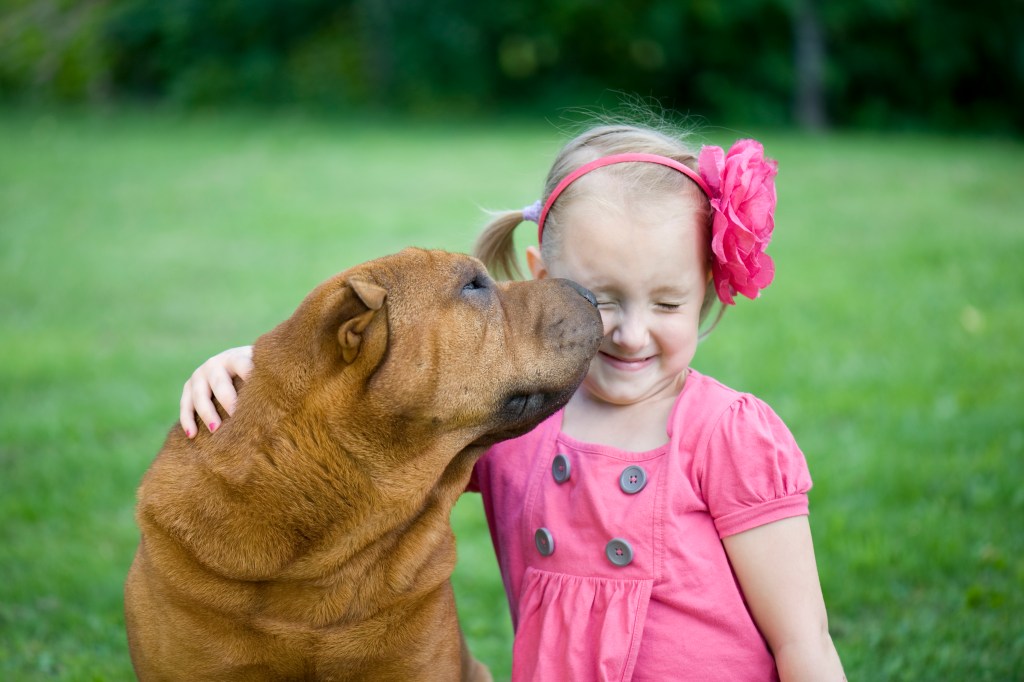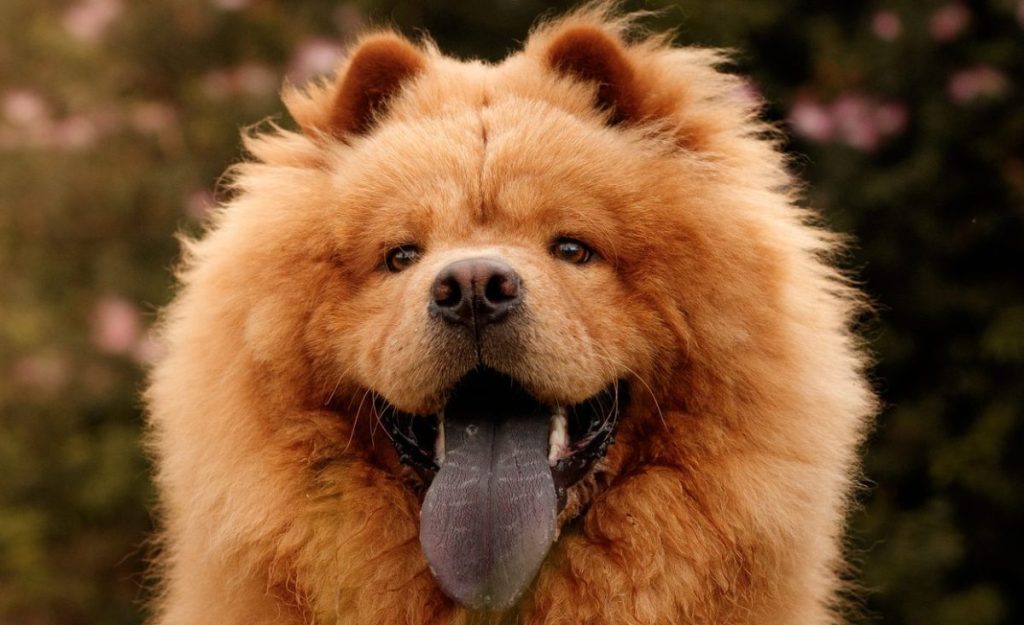While some dog breeds are the quintessential family companions, always eager for attention, other breeds may not be affectionate with family. However, this isn’t necessarily a bad thing or an indication that they don’t love you. In some cases, it’s because certain breeds were inherently bred for guarding, protection, or independent thinking roles. Since these dogs aren’t constantly waiting on their humans, they may come across as more reserved in their demeanor.
The level of affection a breed displays isn’t a reflection of how much they care for their family. Some dog breeds who are not affectionate with family are simply hardwired to be more independent and aloof. These pups rely on their guarding or working instincts over clinginess. This doesn’t mean they don’t feel a strong bond, they may just express it differently than more affectionate breeds. Understanding the intended purpose behind a breed’s temperament can help owners appreciate the nuances in how various dogs show their affection.
How to know if a dog is good with families

The affectionate bond between family dogs and their owners goes beyond just play and cuddles. Dogs have an incredible ability to sense and respond to their humans’ emotional state. Whether it’s a wagging tail to greet you after a long day or a nuzzle during life’s tough moment, they consistently demonstrate that they are attuned to their family’s needs. The best way to truly gauge a dog’s level of affection is to meet them in person and interact directly.
Even if you adopt a less affectionate dog, you can still cultivate a strong bond of trust with your pup. Spending quality one-on-one time with your dog, taking them on adventures, and rewarding them with their favorite treats can be wonderful ways to forge a deep connection. While the expression of affection may differ, all dogs have the capacity to form meaningful relationships with their human companions.










